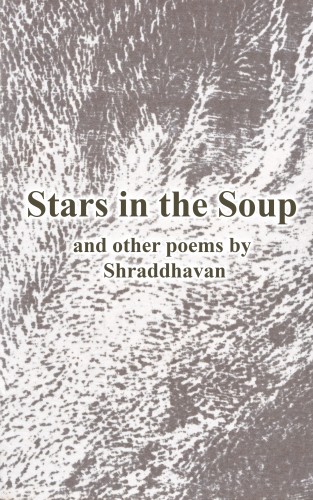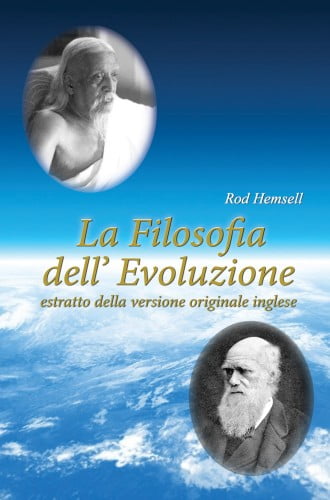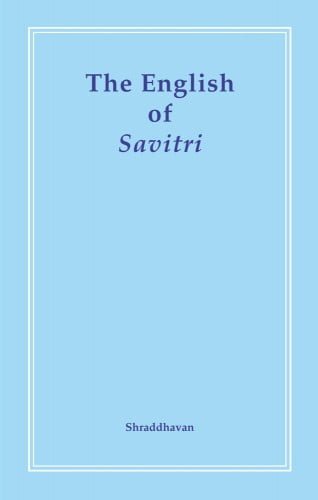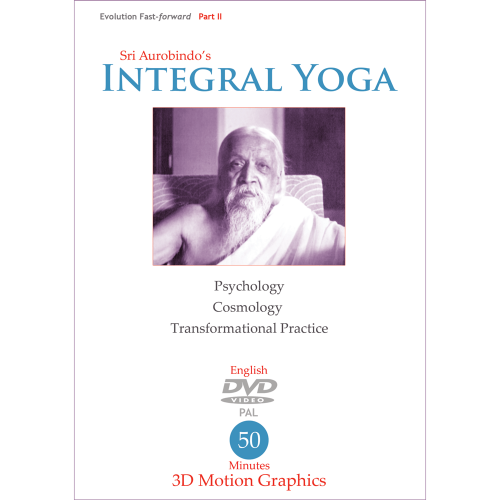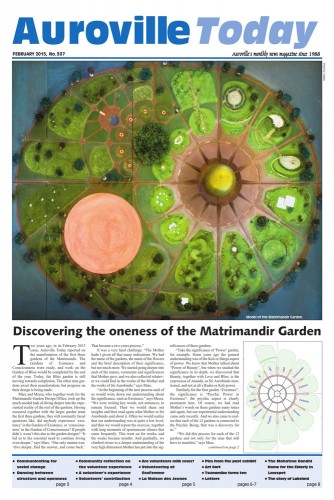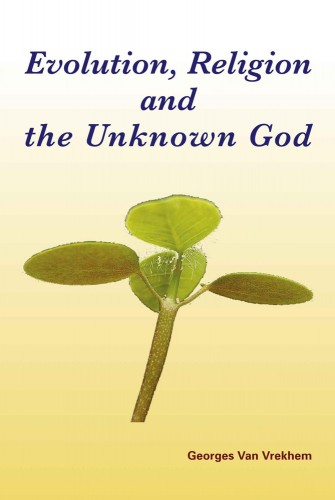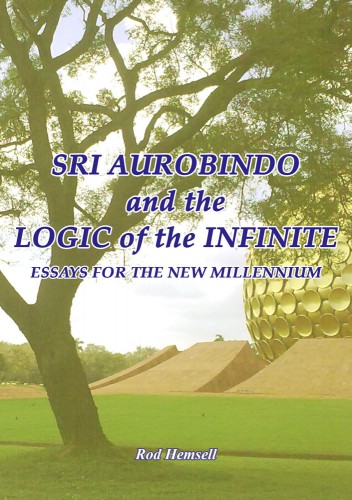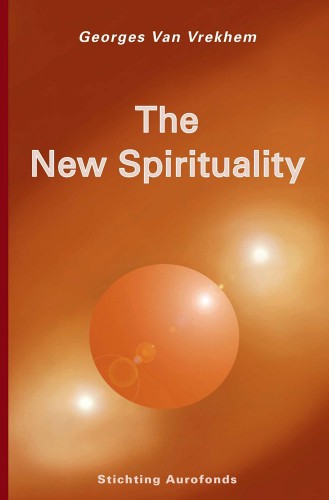
The Word in the Rig-Veda
and in Sri Aurobindo’s epic poem Savitri
by Nishtha Müller
The inspired poetic Word was the means of passing on knowledge and experience by the Vedic Seers and by Sri Aurobindo, especially in his epic Savitri. What do the Vedic seers and Sri Aurobindo in their poetic creations themselves tell us about the Word, its nature and usage?
At the outset it must be said that this study is not exhaustive and does not intend to cover all relevant passages either from the Veda or from Savitri. Its central idea is simply to make potential readers more conscious of the great value of these mantric texts and point out a possible way to approach these divine gifts to aspiring humanity. In regard to the Veda it must be said right from the outset that there exists the special barrier of the Sanskrit language in general and the multi-layer meaning of Vedic terms in particular.[1] In addition there is the all-pervasive Vedic symbolism. Sri Aurobindo often calls the Vedic Rishis “symbologists” and refers back to the period of the composition of the Vedic hymns both as the age of symbolism and the age of intuition. In fact Sri Aurobindo also makes much use of symbolism. In this study we will see that the Veda and Savitri shed light on each other in their symbolism.
But let us first ask the general question: what do the Veda and Savitri have in common? They are both mystic mantric poetry of the highest order. Sri Aurobindo refers to the Veda – certainly among Indian literature and scriptures, and perhaps even beyond – as “our supreme poetry”[2] They both bring forth an integral vision of reality and transmit it as revelatory knowledge and verifiable experience (and that does not exhaust the subject.)
What is the basic difference between them? Savitri, in its outer form, is one single epic poem written by one sole author, whereas the Rig-Veda consists of a collection (samhita) of more than one thousand hymns (suktas, meaning perfect utterances) of many different seers, spanning a time of at least several centuries. Even though some of the Suktas are made up of a considerable number of verses or stanzas they generally do not reach the length of any of the cantos which we find in the twelve books of Savitri. From that point of view one could say, with a few exceptions, that the Vedic hymns are even more concise than any paragraph in Savitri. Still, all Vedic hymns presume a common background, and many of them are related to the same theme but present it from different standpoints, a practice which we also find within the different books of Savitri.
It is a known fact that Sri Aurobindo in Savitri makes abundant use of Vedic imagery as the carrier of his knowledge and experience. It might be worthwhile to remember in this context that in the period from 1912 up to perhaps 1920 Sri Aurobindo was studying and writing on the Veda on an almost daily basis, and also translated hundreds of its hymns into English. Among other reasons, it could have as well been due to this preoccupation with the Book of Mantra (the traditional name given to the Veda) that Sri Aurobindo conceived the idea to do something of the kind – even though in a different form – for the present age in the much more easily accessible English language. At the same time we should not forget the fact that already before this period Sri Aurobindo was an accomplished poet and seer. But, knowing on one hand how central is the usage (and its constant mentioning in hymn after hymn) of the inspired Word to the Vedic seers, and on the other hand how much and in detail Sri Aurobindo writes about this fact in “The Secret of the Veda”[3], one could still dare the thought that it might have inspired him to do something similar.
Read more
